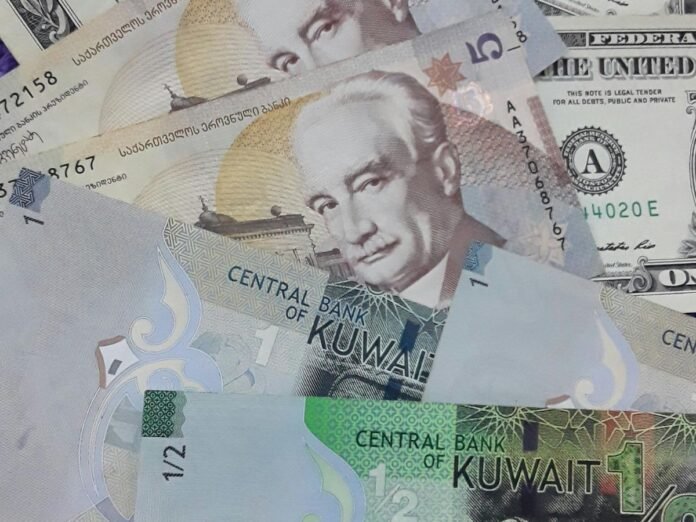Kuwait has officially passed its long-awaited debt law, allowing the government to return to international debt markets and borrow externally for the first time in nearly eight years. While the move is expected to help finance growing fiscal deficits and boost capital spending for economic diversification, experts warn it could also reduce pressure for much-needed structural reforms.
Issued by decree on March 26, the new legislation permits the government to issue up to 30 billion Kuwaiti dinars (approximately $98 billion) in debt instruments, equivalent to around 60% of the country’s GDP. The debt may be issued with maturities of up to 50 years, offering Kuwait a powerful financial tool to manage liquidity and fiscal planning.
Finance Minister Fahad Al-Jarallah described the law as a key enabler of “greater financial flexibility,” giving Kuwait access to both domestic and global capital markets. He noted that the measure will help “enhance liquidity management” while supporting broader government efforts to “strengthen financial stability and drive economic growth.”
However, economic analysts caution that the law’s implementation could inadvertently ease the urgency for structural fiscal reforms, such as subsidy cuts or changes to the public wage bill—reforms long regarded as critical to Kuwait’s long-term fiscal sustainability.
While the new law may relieve immediate fiscal pressure and unlock new funding avenues for infrastructure and diversification projects aligned with Kuwait Vision 2035, critics warn it risks deepening the country’s dependence on debt markets without addressing the root causes of budget imbalances.
The law’s passage marks a significant shift in Kuwait’s fiscal policy, signaling the government’s willingness to leverage international financing to navigate economic challenges—but also spotlighting the urgent need for parallel reforms to ensure lasting financial health.


